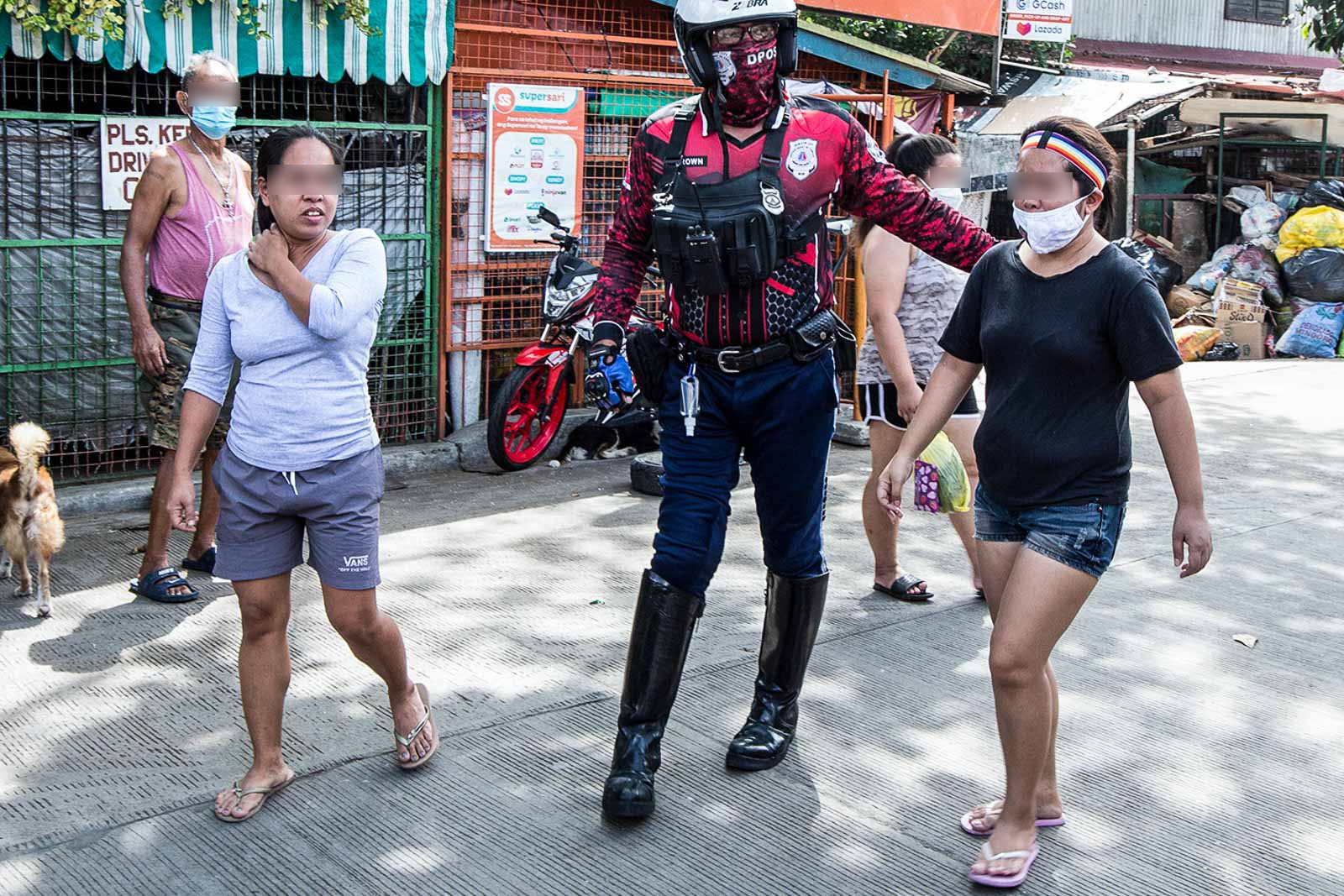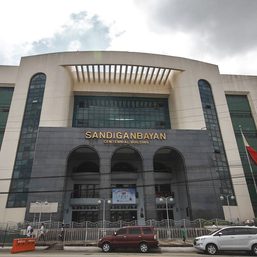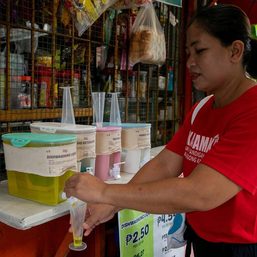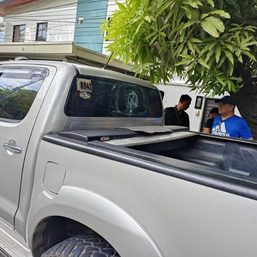SUMMARY
This is AI generated summarization, which may have errors. For context, always refer to the full article.

Quezon City Mayor Joy Belmonte thumbed down, for now, any return to lockdown amid a surge in COVID-19 cases, saying she is instead eyeing more restrictions on establishments and mass gatherings.
“We’re not yet at the stage where we should be locking down our city. We’re at the stage that we should be adopting restrictions that we think will help curtail the spread of the virus,” she said on Wednesday, March 10, during a virtual press conference.
Asked if she supports a return to modified enhanced community quarantine for Metro Manila, she said quarantine classifications have become “obsolete” and “not very helpful.”
“When you say GCQ, we are not really adhering to GCQ in its purest form. Same for MGCQ,” she said, referring to general community quarantine and modified general community quarantine.
The mayor also said President Rodrigo Duterte’s economic managers have told local chiefs that the country “cannot afford a lockdown.”
Yet despite the spike in cases that experts have long warned about, the national government has yet to relay recommendations or instructions to mayors.
“I believe this demands stricter restrictions on the part of the government. Now, at this point, we have not received any guidelines or any instructions from the national government pertaining to additional restrictions,” said Belmonte.
The Quezon City mayor wants to wait for the national government’s go signal before implementing stricter regulations.
Limits on restaurants, workplaces
But if Quezon City had its way, there would be new limitations on restaurants, hotels, workplaces, and religious gatherings.
“We would like to make restrictions in areas where we believe that spread might be most risky…. A lot of transmissions happen in the workplace, in health facilities, in transportation. We would want to explore implementing restrictions in these particular areas,” said Belmonte.
City data showed that 28% of transmissions from late February to early March were transmissions in households. Around 17% were from exposure within a compound or neighborhood, while 11% were workplace transmissions.
The city government is now conducting consultations with barangay officials and various sectors, including bishops and religious groups, malls, hotels, bars and restaurants, and business groups on the plan to tighten up.
Last Monday, March 8, Belmonte issued a directive for Quezon City agencies to strictly enforce existing ordinances on mask wearing, face shield wearing, and rules keeping children below 15 years old at home.
Some changes in rules may include earlier closing times for restaurants and other similar establishments, or longer curfew hours.
‘It’s a surge’
“Alarming” and “disturbing” is how Belmonte described the rise in COVID-19 cases in recent days in Quezon City.
From March 2 to 8, the city detected 218 new cases, a 191% increase from the number of cases detected a month ago.
“I call it a surge even if probably higher agencies do not call it a surge,” said Belmonte.
The reproduction number, or the number of people that one positive case can infect, is also at 1.73, a 77% jump from the rate in February which was below 1.
A reproduction number higher than 1 means transmissions are no longer under control.
The city’s positivity rate has also spiked to 9%, from 4% last week. This means a higher percentage of people are testing positive out of the total number of people tested.
Meanwhile, more hospital beds are now occupied by coronavirus patients. This week, bed occupancy was at 64% compared to February’s 51%.
There are more severe cases of the disease, as indicated by the higher occupancy of intensive care unit beds – 68% this week, from 51% in February.
Belmonte said it’s possible that new COVID-19 variants detected in the city could have contributed to the rise.
There are 18 cases of new variants detected in the city. Thirteen have the United Kingdom variant, 4 have the South African variant, and one case has the Brazilian variant.
But city epidemiology unit head Dr Rolly Cruz said most of these cases have recovered and their close contacts traced.
Cruz also said they are still confirming with the Department of Health if the Brazilian variant detected is the P1 “variant of concern.”
Meanwhile, two local hospitals have maxed out their capacity to attend to COVID-19 patients.
Quezon City General Hospital’s COVID-19 ward is operating beyond capacity with an occupancy rate of 106%.
The Novaliches District Hospital is now fully occupied, with an occupancy rate of 119%.
But other hospitals in the city, including private ones, shored up capacity. Some 36% of hospital beds for COVID-19 cases are still available.
Meanwhile, 12,387 hospital health workers in the city have been vaccinated. This is 38.5% of the total 32,209 hospital health workers. – Rappler.com
Add a comment
How does this make you feel?





There are no comments yet. Add your comment to start the conversation.